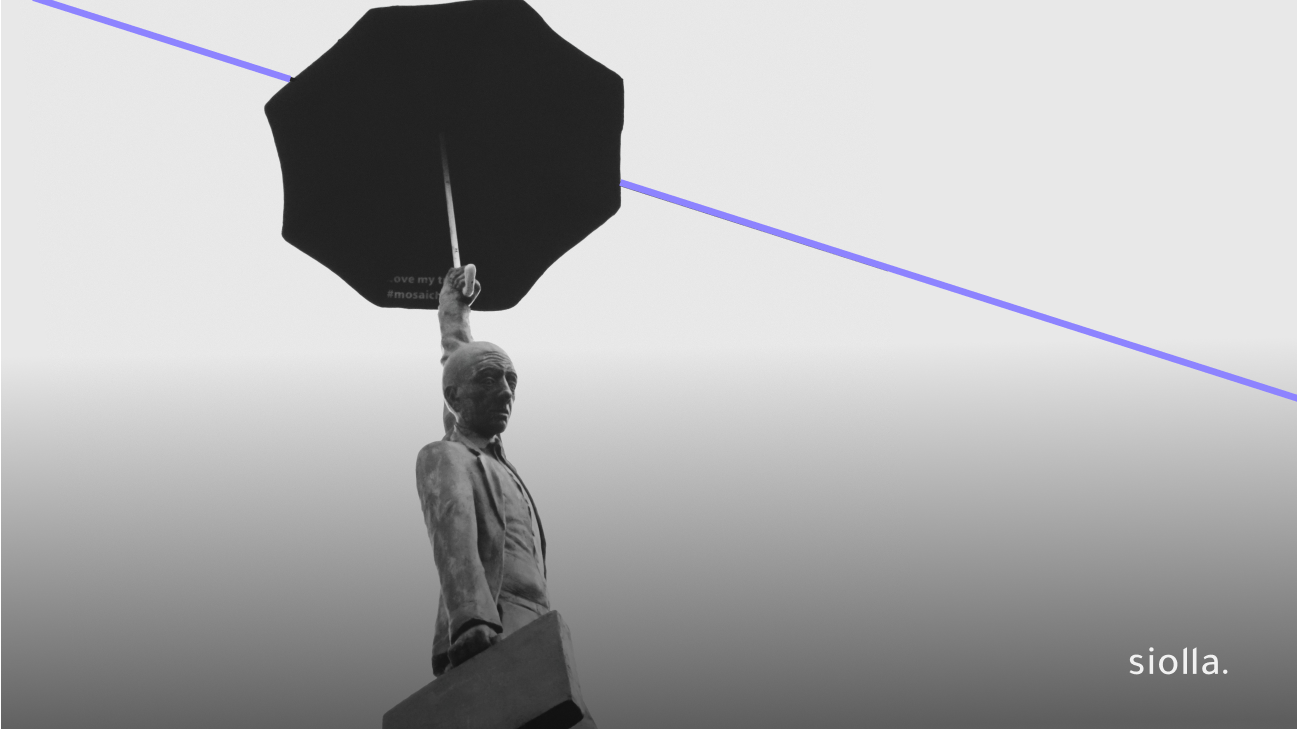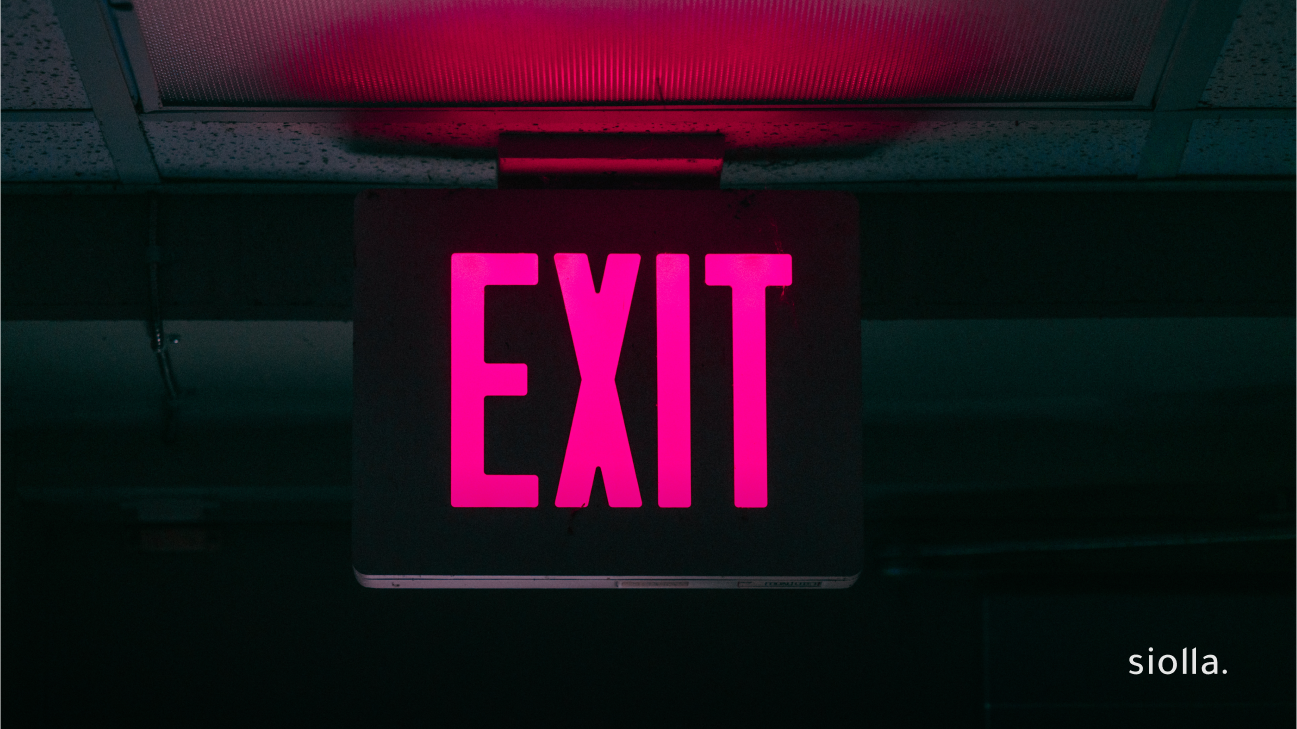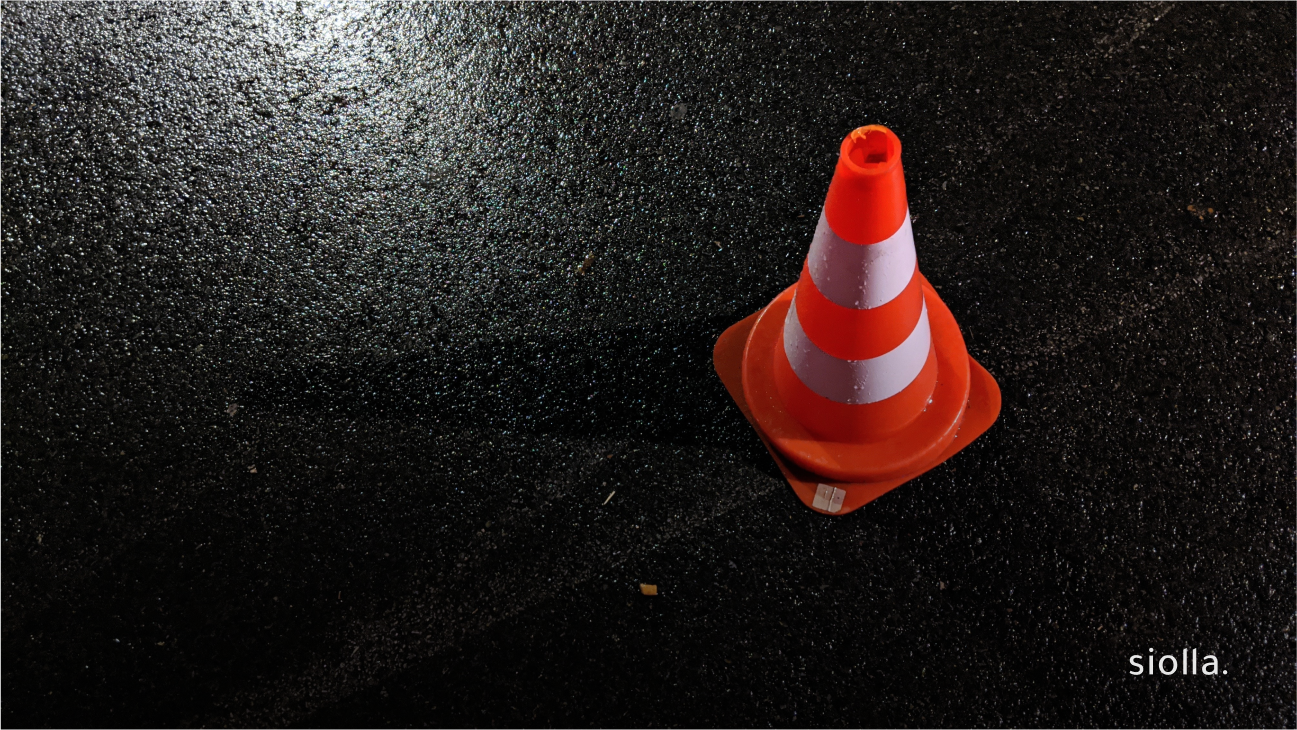And How Can You See It Coming and Prepare?
“Recession” might sound like a scary word, but once you understand what it means, you’ll realize it’s just another part of how economies work. And if you’re prepared, it doesn’t have to catch you off guard.
What Exactly Is a Recession?
A recession is like the economy catching a cold — one that lasts for months. It shows up when overall spending, hiring, production, and income start slowing down noticeably. It’s more serious than the usual ups and downs and tends to last for a while.
Recessions Are Part of a Bigger Cycle
Think of the economy like a rollercoaster with four main stages:
- Expansion – the good times, with growth and jobs
- Peak – the economy hits its highest point
- Contraction – things start slowing down (this is the recession)
- Trough – the lowest point, before recovery starts again
Recessions are natural and don’t usually last as long as the expansion phase. They’re not fun, but they’re expected.
Recession vs. Depression: What’s the Difference?
A recession is a temporary downturn.
A depression is a severe, long-lasting crisis that can affect the entire global economy for years.
Thankfully, we haven’t seen a true depression since the 1930s.
Why Do Recessions Happen?
There’s no single cause, but here are some common ones:
- An overheated economy: When things grow too fast for too long, businesses overproduce, demand cools off, and prices spike.
- High inflation: When prices rise quickly, people can’t keep up, so they stop spending.
- Sharp deflation: When prices drop too low, businesses earn less and start cutting jobs and wages.
- Asset bubbles: Like the dot-com or real estate bubbles — too much investment in things that aren’t actually worth much.
- Shocks and crises: Events like COVID-19 or wars can suddenly shake up the economy.
Warning Signs of a Recession
Want to know if a recession might be around the corner? Here are a few clues:
- Inverted yield curve: When short-term interest rates are higher than long-term ones — a classic red flag.
- Low consumer confidence: If people are nervous, they save more and spend less.
- Rising unemployment: More layoffs and fewer job openings are signs of economic trouble.
- Stock market drops: A steady decline can reflect fear, though it’s not always a guaranteed sign.
Who Gets Hit the Hardest?
Not all industries feel the same pain during a recession.
- Most vulnerable: Restaurants, tourism, retail, and entertainment — because people cut back on non-essential spending.
- More stable: Healthcare, education, groceries, and utilities — people still need the basics no matter what.
How Can You Prepare for a Recession?
You can’t stop a recession, but you can get ready for it. Here’s how:
- Diversify your investments: Don’t rely on just one source of income or asset type.
- Stick to a smart budget: Know what’s coming in and what’s going out. Cut what you don’t need.
- Pay down debt: The fewer financial burdens you carry, the better.
- Build an emergency fund: Even a small safety net can make a huge difference when times get tough.
📌 Action Toolkit: How to Prepare for a Recession.
| Step | What to Do |
| Review your monthly spending | Track where your money goes and cut back on non-essentials. |
| Build an emergency fund | Aim to save 3–6 months’ worth of living expenses in a safe place. |
| Pay off your debts | Focus on clearing loans and avoid taking on new ones unless necessary. |
| Diversify your income | Explore side jobs, freelance work, or passive income options. |
| Rebalance your investments | Reduce high-risk assets and focus on long-term, stable growth. |
| Stay informed (not alarmed) | Follow economic trends, not headlines — awareness helps, panic doesn’t. |



